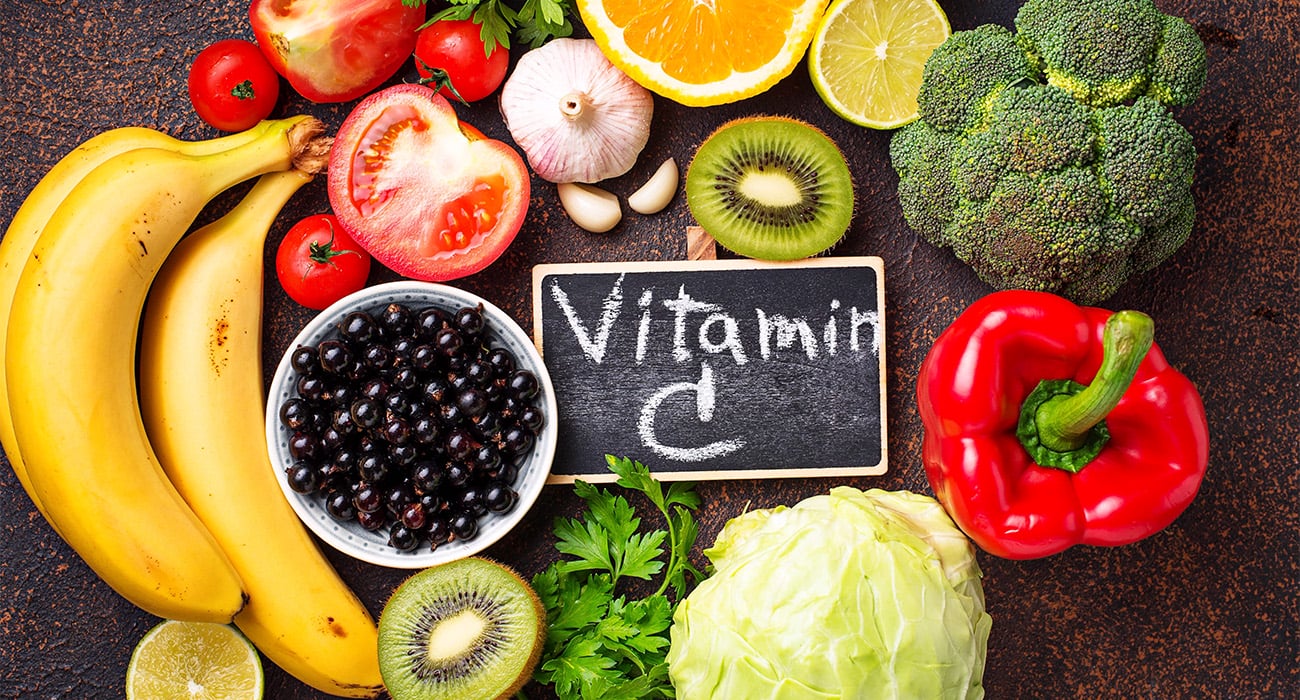Vitamin C

What is Vitamin C?
Vitamin C, also known as ascorbic acid, is a type of vitamin that the human body needs to create the collagen protein found in blood vessels, cartilage, muscles and bones.
Vitamin C is of great importance for the formation of tissues as well as for the healing process of the body after various injuries. Ascorbic acid is a type of monosaccharide and is found in almost all living tissues.
Vitamin C is one of the few antioxidants that can protect the body against damage caused by harmful molecules called free radicals, as well as pollutants such as toxic chemicals and cigarette smoke.
Since it contributes to the development of health problems such as cancer, heart disease and arthritis in the body, regular and sufficient intake of vitamin C with a normal diet helps prevent these conditions.
Excess vitamin C is eliminated directly from the body under normal conditions and is not stored. Therefore, under normal circumstances, there is no need to worry about an overdose of vitamin C in the body.
However, under all circumstances, it is important not to exceed the safe upper limit of 2,000 milligrams per day in order to avoid negative effects such as heartburn, nausea, headache, stomach cramps and diarrhea that may arise from suddenly loading the body with high doses of vitamin C. Exceeding this safe upper limit may also increase the risk of kidney stones.
Which Foods Contain Vitamin C?
Foods containing Vitamin C can be consumed raw. “What is Vitamin C found in?” Foods that may answer the question are listed below.
- black currant
- Red pepper
- Kiwi
- green bell pepper
- Orange
- Strawberry
- Papaya
- Broccoli
- Parsley
- Pineapple
- brussels sprouts
- Cauliflower
- Mango
- Lemon
- Grapefruit
- Pea
- Tomatoes
“What contains Vitamin C?” As you can notice, these foods listed as an answer to the question consist of fruits and vegetables. Vitamin C is taken from fruits and vegetables and used in the body. Excess of this fat-soluble vitamin is not stored in the body.